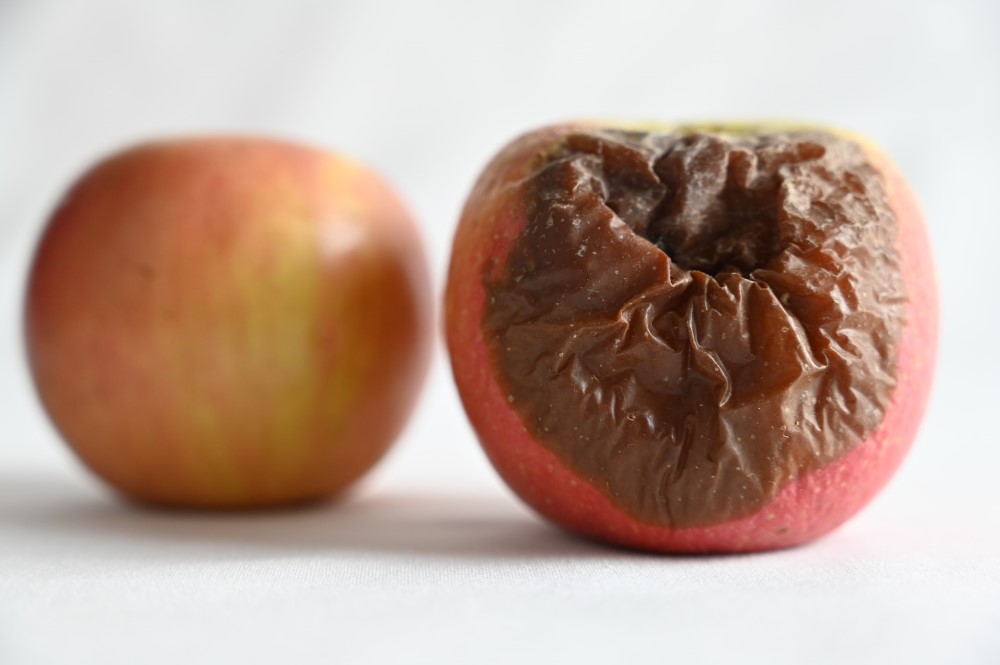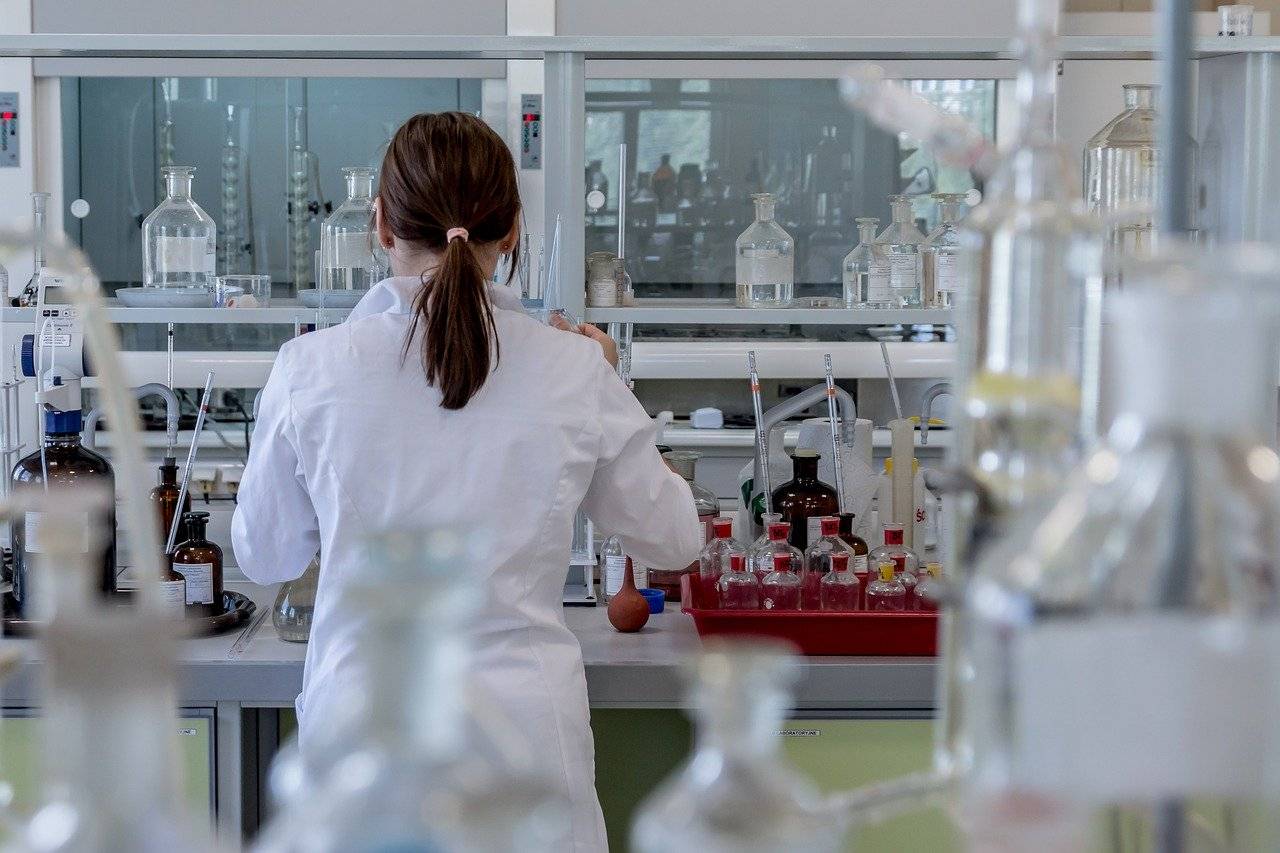Female scientists are underrepresented among authors of retracted medical articles
In a sample of academic articles retracted by medical journals, the proportion of female authors is lower than the overall share of female researchers in these fields. "The underrepresentation of women among retracted authors, particularly for misconduct-related retractions, may reflect systemic gender imbalances in academia rather than differences in scientific integrity," writes the author of the study in PLoS One. His analysis, based on 878 retracted publications in nine clinical areas, estimates that 16.5% of the first authors of retracted papers were female, while the proportion of first authors of biomedical publications exceeds 40%.




